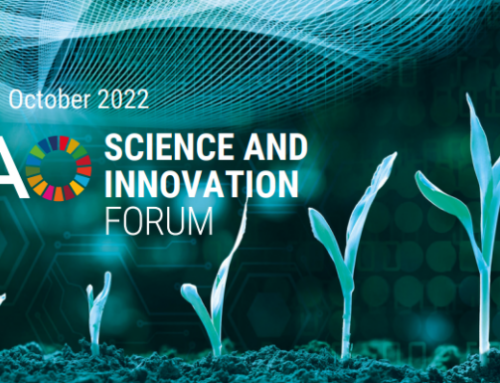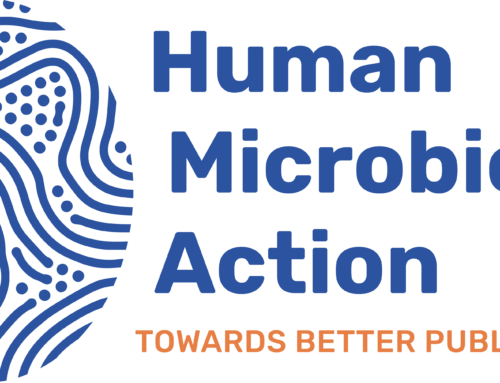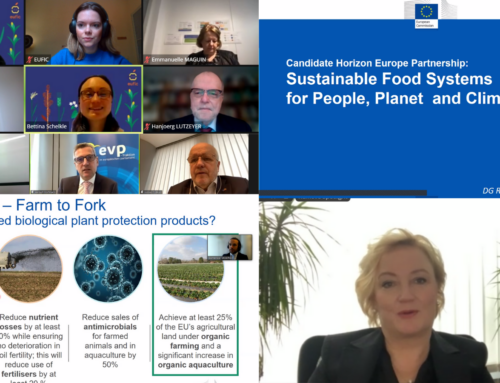How is the increase in microbiome knowledge leading to advances in the Farm-to-Fork strategy?
In a paper*, recently published in Frontiers of Microbiology, our partners describe 14 concrete examples of products, methodologies, applications, tools and processes resulting from microbiome research that have created an environmental, economic and societal impact. These success stories cover a broad range of fields within the agrifood chain, including plant health, feed products & livestock health, food production and human health. The selection of case studies involves, for example, microbiome-based innovations that have led to commercialization and implementation by the industry (such as feed probiotics or biofertilizers), improved food safety management systems or amendments of legal regulations based on microbiome research.
Let’s take a closer look at where and how microbiome research has proven to play a tangible role in the transition to sustainable food systems. And be sure not to miss the fun graphic material we’ve created for this publication!
Studies performed on plant and soil microbiomes during
the last decades have highlighted the dynamic and complex
interactions that occur between microorganisms, plants and soil. As an outcome, a variety of microbial-based products that have a plant growth-promoting and/or disease-preventing effect have made their way to the market in several countries. One great example is the use of Nitrogen-fixing microbes (Bradyrhizobium and Azospirillum) in Brazilian soybean plantations. Thanks to the wide-scale adoption of this inoculation method by Brazilian farmers, which also replaces chemical fertilizers, a substantial reduction in GHG emissions and production costs (US$ 10.2 billion) was achieved.
Animal microbiome research often focuses on the microbial populations that inhabit the gastrointestinal tract of animals, in order to determine their role in the animal’s growth, health and disease. Insights from these studies have led to the development and commercialisation of feed additives that promote the animal’s health and help in the prevention and treatment of infections, whilst also lowering the need for antibiotics. In the EU, a pig-feed additive based on microbially enriched, co-fermented rapeseed meal and seaweed has been recently introduced to the market. This additive, which is also sourced from sustainable materials, is fed to piglets to improve their gut health and overall performance.
Understanding the microbiome of food products (dairy, meat, etc.) is essential for issues related to food manufacturing and processing, and also with regard to food safety issues. Investigations into this area have led to the detection of a specific microorganism that is responsible for the undesirable phenomenon of “cheese pinking”, the discoloration defect that affects various types of ripened cheese. As a result, a new tool was developed to help identify the routes by which these microbes enter the food chain. New applications like these are important to minimize the amount of food loss at the production stage.
Intensive research on the human gut microbiome leaves little doubt that it is highly involved in health and disease. Diet is a crucial factor for the composition of the gut microbiome, and especially dietary fibers are recognized worldwide for their beneficial effects on the gut microbiome and digestive health. Yet the intake of the daily recommended dose of 30g fibers per day is challenging. A public-private partnership recently led to the introduction of a new bread enriched with multiple fibers that have a positive effect on the gut microbiome and cardiometabolic status. The fibers were selected based on scientific studies conducted by the public institution, while the company undertook the technological development of the bread.









